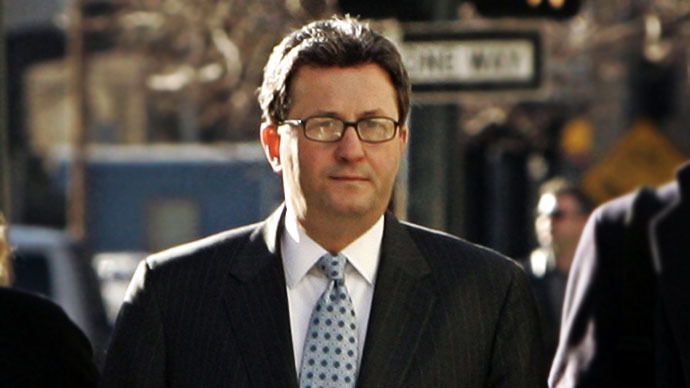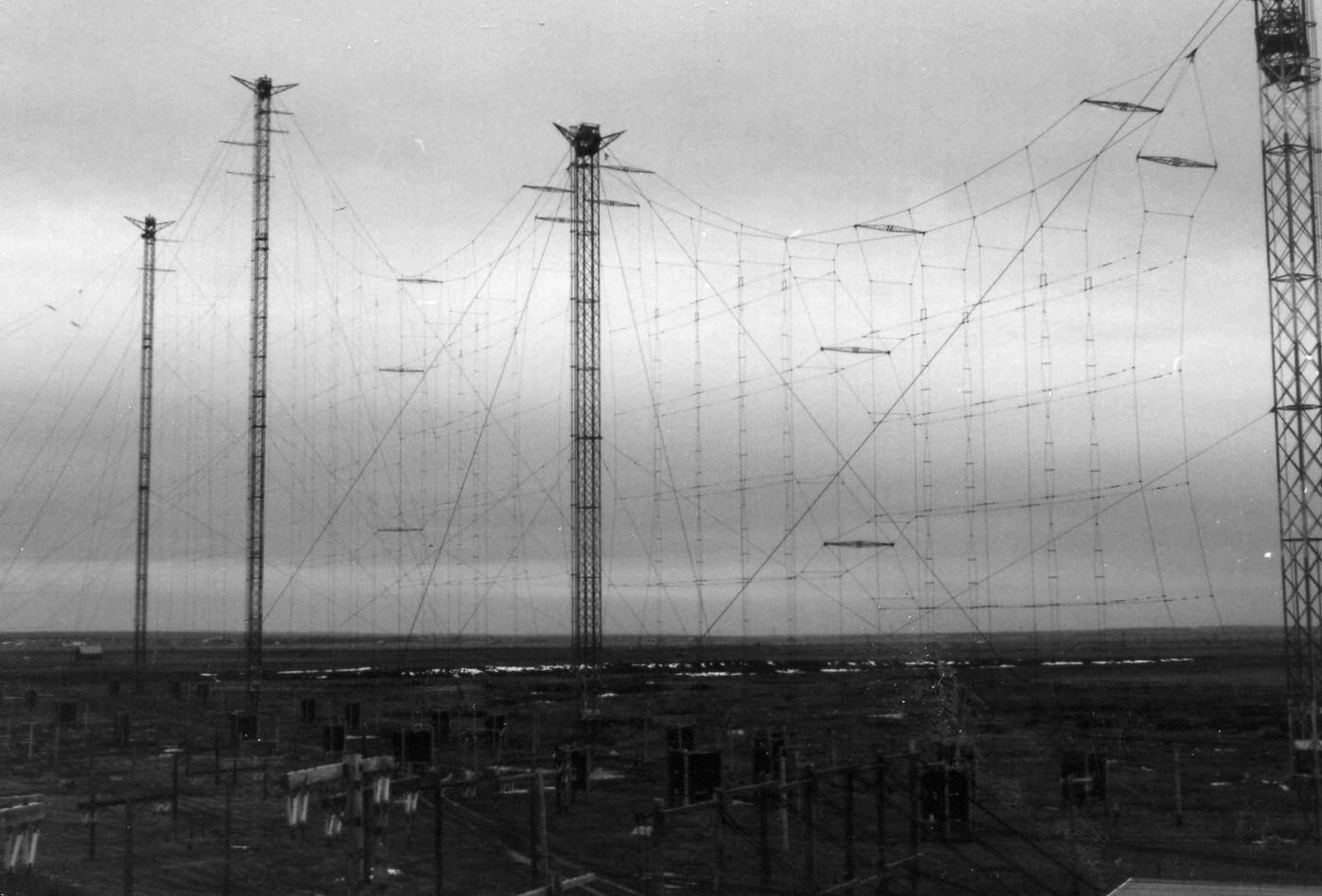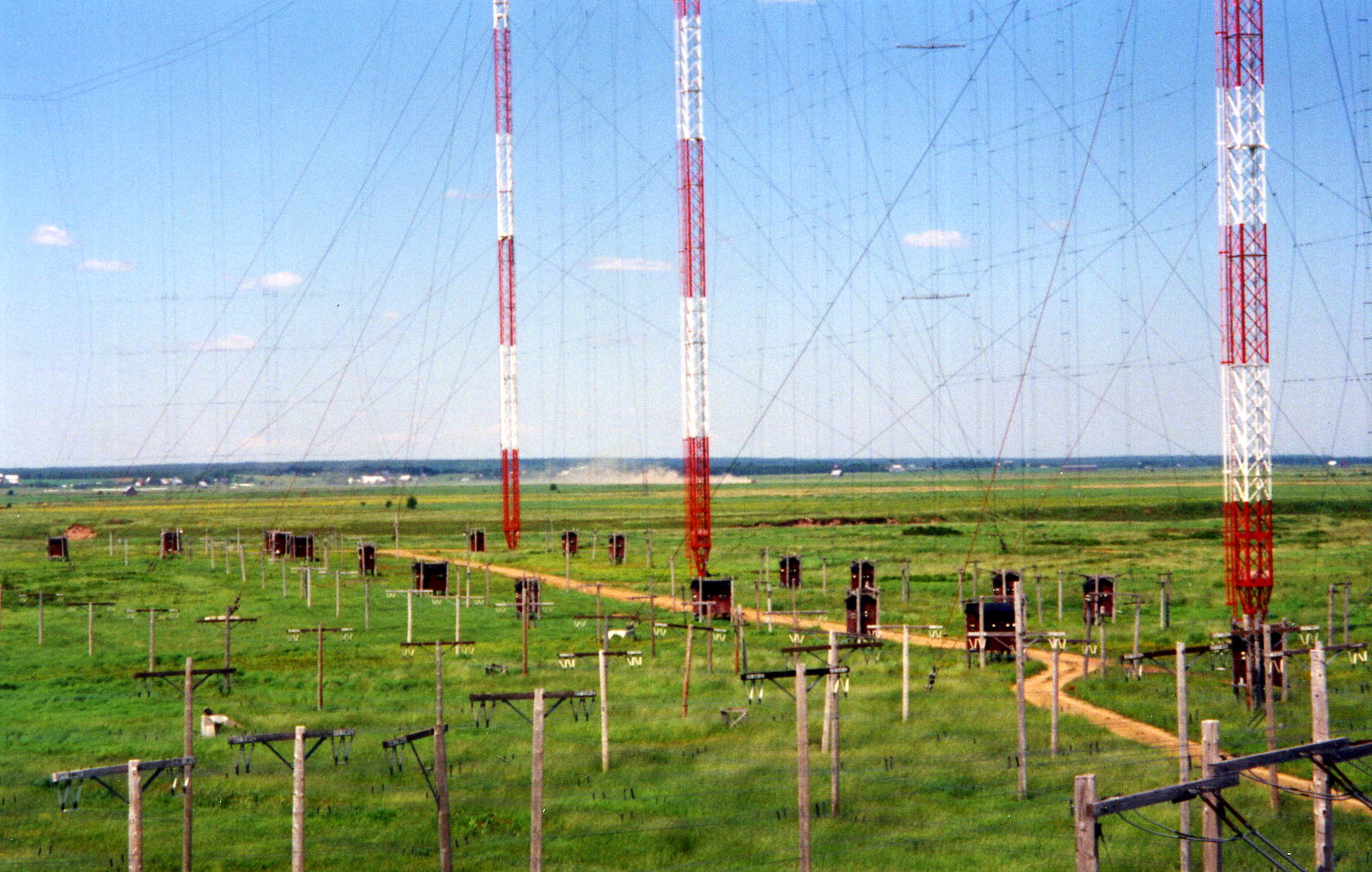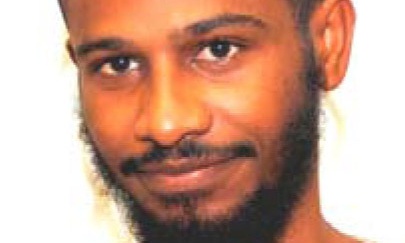Here's
another story you may not have heard, of a man who stood up to the NSA,
in the defense of freedom, and was punished for that.
While CEO of Qwest Communications, a large telecommunications company that provided services in the western US states and later merged with US West, Joseph Nacchio served as Chairman of the National Security Telecommunications Advisory Committee, a federal government policy advisory panel. in that role, he was granted a top secret security clearance in the late 1990s.
In February 2001, the NSA asked Joseph Nacchio for permission to secretly spy on Qwest customers. Nacchio, on advice from his lawyers who said the action would be illegal, refused the request. He told the NSA to go through the normal channels of asking the Foreign Intelligence Surveillance Court for a subpoena. That request made Joseph Nacchio the only head of an American communications company to demand a court order before turning over customer information to the NSA. All the others, it would appear, turned over the information to the NSA without protest.
In May 2006, USA Today reported that millions of telephone calling records had been handed over to the NSA by AT&T Corp., Verizon, and BellSouth since September 11, 2001. That data was used to create a database of all international and domestic calls. Qwest, under Joseph Nacchio's leadership, was the lone holdout, despite threats from the NSA that their refusal would jeopardize their chances for future government contracts.
Simply: Joseph Nacchio refused to go along with what he knew was an illegal scheme, even while all the other telecom CEOs, his competitors, chose to betray their customers in order to curry favor with the feds. Nacchio paid a high price for his principled stand.
For his defiance of the NSA, in the defense of his customers' rights to privacy, Joseph Nacchio was targeted for prosecution for insider trading. Because he sold Qwest stock in early February 2001, before the company began to have financial problems that drove down the value of that stock, he was convicted in 2007 and sentence to six years in prison.
It can never be proven, but Joseph Nacchio is convinced that his challenge of the NSA led directly to his conviction and imprisonment by the SEC for "insider trading".
Nacchio served 4 and half years of his six-year sentence and was released on September 20, 2013.
Last week, Nacchio made his first public statement since his release from prison in a (March 27) interview with Maria Bartiromo on Fox Business Channel, his first public statement since being released from jail. That interview can be viewed in two parts, I suggest viewing the 2nd (shorter) segment first. I love his passion when he says, "We don't want to change the values of our country, our Constitution, and our civil liberties because we're threatened from abroad. We're trading our civil liberties for security."
While CEO of Qwest Communications, a large telecommunications company that provided services in the western US states and later merged with US West, Joseph Nacchio served as Chairman of the National Security Telecommunications Advisory Committee, a federal government policy advisory panel. in that role, he was granted a top secret security clearance in the late 1990s.
In February 2001, the NSA asked Joseph Nacchio for permission to secretly spy on Qwest customers. Nacchio, on advice from his lawyers who said the action would be illegal, refused the request. He told the NSA to go through the normal channels of asking the Foreign Intelligence Surveillance Court for a subpoena. That request made Joseph Nacchio the only head of an American communications company to demand a court order before turning over customer information to the NSA. All the others, it would appear, turned over the information to the NSA without protest.
In May 2006, USA Today reported that millions of telephone calling records had been handed over to the NSA by AT&T Corp., Verizon, and BellSouth since September 11, 2001. That data was used to create a database of all international and domestic calls. Qwest, under Joseph Nacchio's leadership, was the lone holdout, despite threats from the NSA that their refusal would jeopardize their chances for future government contracts.
Simply: Joseph Nacchio refused to go along with what he knew was an illegal scheme, even while all the other telecom CEOs, his competitors, chose to betray their customers in order to curry favor with the feds. Nacchio paid a high price for his principled stand.
For his defiance of the NSA, in the defense of his customers' rights to privacy, Joseph Nacchio was targeted for prosecution for insider trading. Because he sold Qwest stock in early February 2001, before the company began to have financial problems that drove down the value of that stock, he was convicted in 2007 and sentence to six years in prison.
It can never be proven, but Joseph Nacchio is convinced that his challenge of the NSA led directly to his conviction and imprisonment by the SEC for "insider trading".
Nacchio served 4 and half years of his six-year sentence and was released on September 20, 2013.
Last week, Nacchio made his first public statement since his release from prison in a (March 27) interview with Maria Bartiromo on Fox Business Channel, his first public statement since being released from jail. That interview can be viewed in two parts, I suggest viewing the 2nd (shorter) segment first. I love his passion when he says, "We don't want to change the values of our country, our Constitution, and our civil liberties because we're threatened from abroad. We're trading our civil liberties for security."
http://www.foxbusiness.com/on-
http://www.foxbusiness.com/on-
http://www.foxbusiness.com/on-
Among American businessmen, Joseph Nacchio is a rarity.










